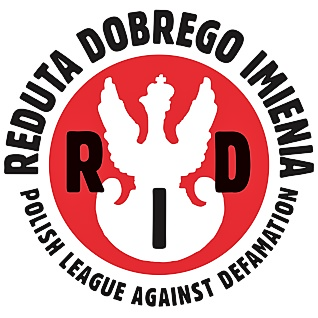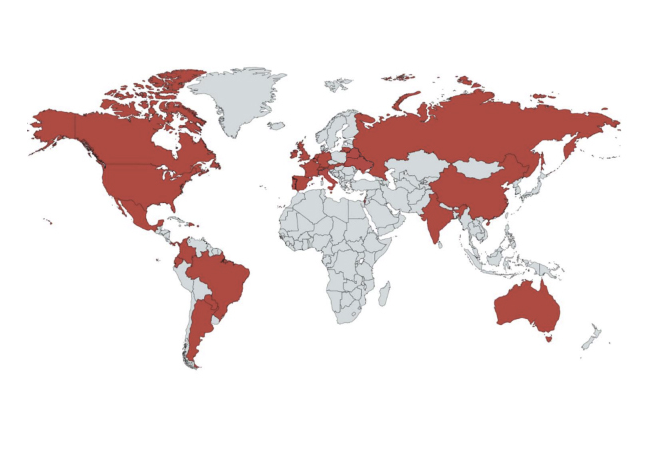For more than eleven years, we have been conducting an analysis of the issue of defamation concerning Poland and its history, while observing Polish and world historical politics. Our activities in this area show that awareness of historical truth, concerning World War II, among foreign audiences is relatively low. Therefore, we undertake numerous activities that respond to the need to highlight and draw attention to the credibility of the message concerning this period of our history.
Each year, our dedicated information systems, known as Dragon and Knight, which operate in continuous Internet monitoring mode, identify some 3,000 violations in the Internet space containing phrases considered to be false memory codes, such as „Polish concentration camp.” As a result of detailed analysis of specific cases, we usually make several hundred interventions, sending appropriate reminders calling for the correction or removal of historically incorrect content.
When content with historical misrepresentation is detected, our Foundation’s Documentation and Analysis Department conducts a thorough review of each case. The purpose of this process is to understand the context precisely, and to exclude situations where, despite the use of faulty wording, a report is not eligible for intervention. Careful analysis allows us to focus action on cases where false information is used in a manner inconsistent with historical truth, which in turn allows us to effectively counter disinformation and maintain the integrity of the historical public debate.
The most popular slanderous phrase used against Poland is precisely „Polish concentration camps,” which, when used in various languages, accounts for about 81% of the number of interventions we undertake as the Polish League Against Defamation. However, there are many more such terms such as „Polish ghetto,” „Polish Nazis” or „Nazi Poland,” which is why the activities of the Polish League Against Defamation and interventions in such situations are so important for the truthfulness of the message and the straightening out of information about Polish history.
The actions we take lead to a number of successes, as a result of which false phrases are corrected, straightened, clarified or removed so that the false message is not perpetuated. Each such success leads to a reduction in the number of untrue formulations that could be material for reprinting or use in other studies or articles, and would thus become a permanent fixture in the online public space, which is forever alive.
Our counteraction to the falsification of history, by calling for the modification of incorrect phrases, actually leads to a quick correction of the content, and so in place of „Polish concentration camp” comes the historically true phrase „German concentration camp in occupied Poland.”
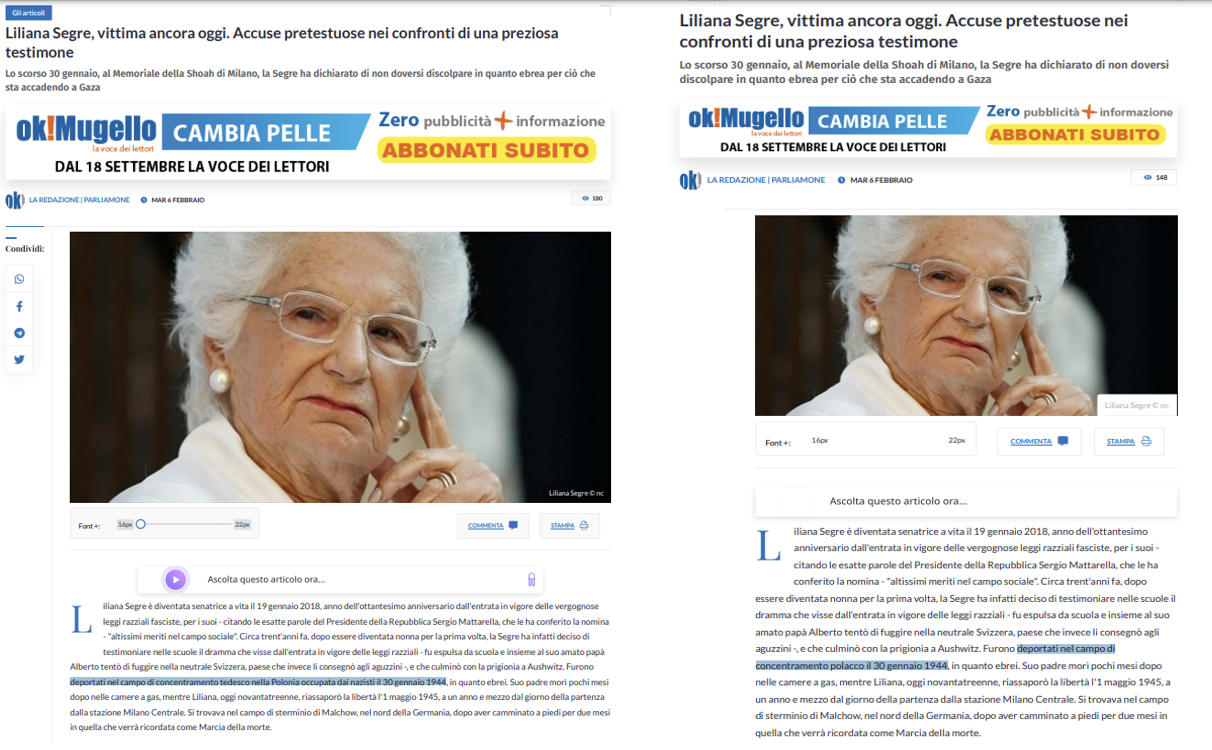
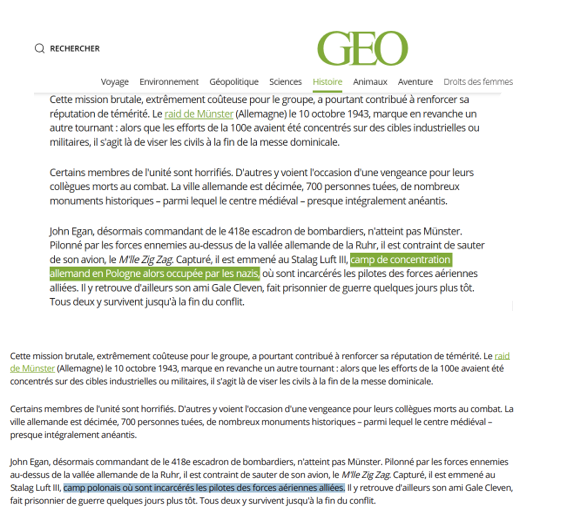
In addition to the corrected articles, many are deleted or withdrawn from circulation. In such cases, the authors are in full agreement with the incorrect rhetoric and recognize that the best option is to eliminate the wrong text. This understanding is also encountered in the case of broader publications, even book editions, which, as a result of a sense of incorrectly worded messages, are withdrawn from circulation permanently or temporarily, until the content is fully modified to make sure that the historical events described do not raise doubts about who were the invaders and who were the victims during World War II:
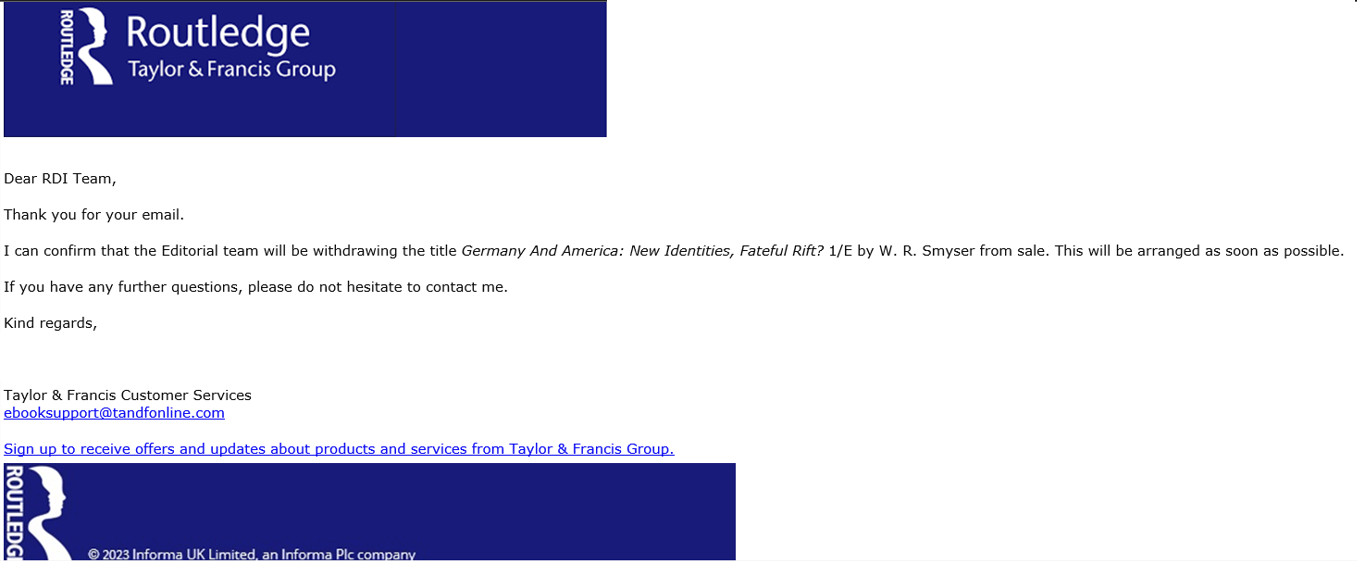
We would like to thank you for supporting us in these efforts, both with a good word and a voluntary donation, which enables us to continue our work to defend the good name of Poland and Poles.
